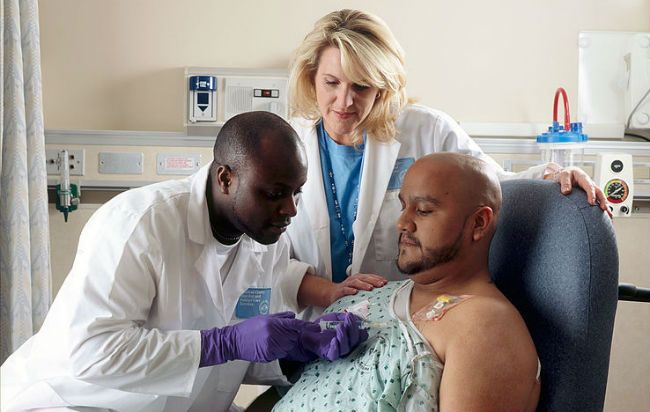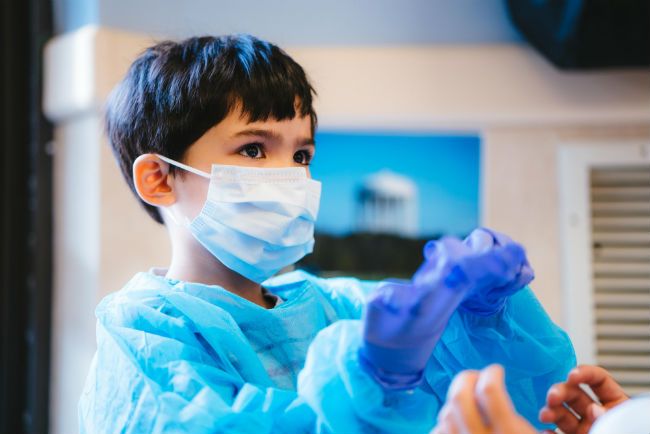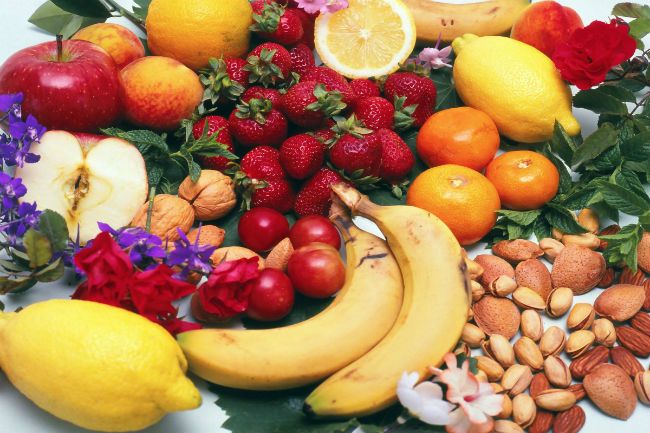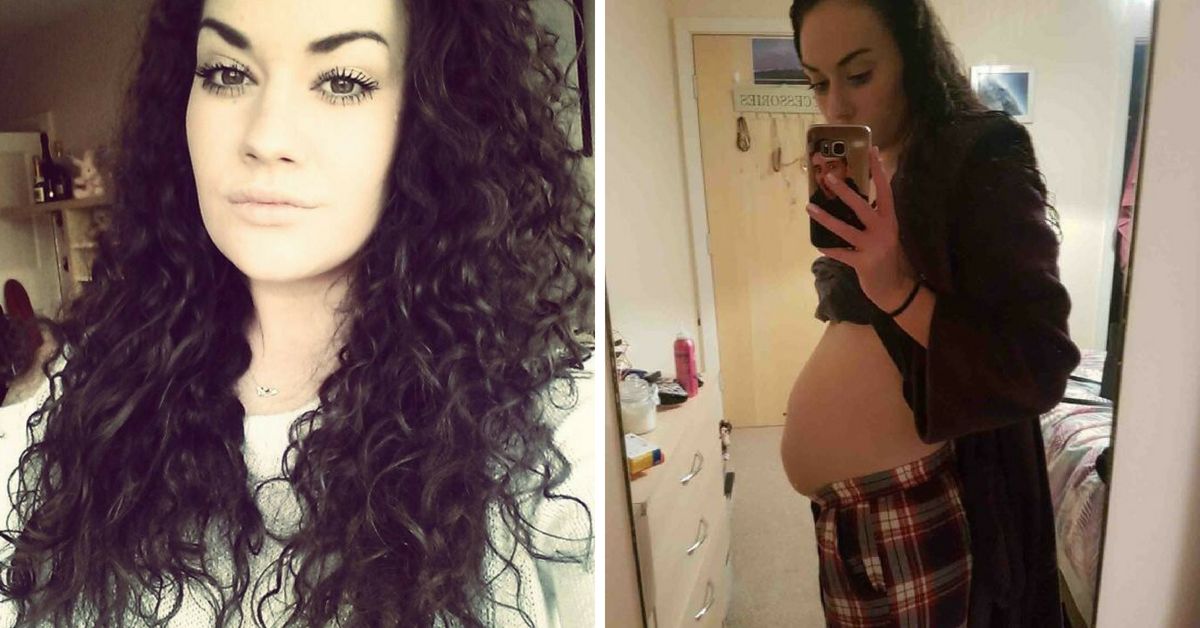Over the past decades, doctors and researchers have improved treatments for nearly all types of cancer by leaps and bounds.
Diseases that were once death sentences now have very promising survival rates.
But this year, an estimated 1,735,350 Americans will be diagnosed with cancer,and an estimated 609,640 people will die from the disease.
With frightening numbers like those, it's no wonder there are all kinds of anxious myths about cancer and cancer treatments on the internet.
Experts say that these seven popular cancer "facts" are really fiction.
Myth #1: Cancer Is Contagious
Most people know better here in America. But in other parts of the world it's still a commonly held belief that one cancer patient can spread their disease to friends and family.
Not true at all!
Cancer, in general, is causes by mutations of cells in our bodies. Those cells can't spread to another person's body, except by something like an organ transplant (but of course, doctors screen organs very carefully).
Cancer-causing viruses or bacteria can spread from one person to another. Think of the HPV virus, or hepatitis, which can cause liver cancer.
But, like all cancers, the diseases caused by these viruses can't be spread from person to person.
Myth #2: Cell Phones Cause Cancer
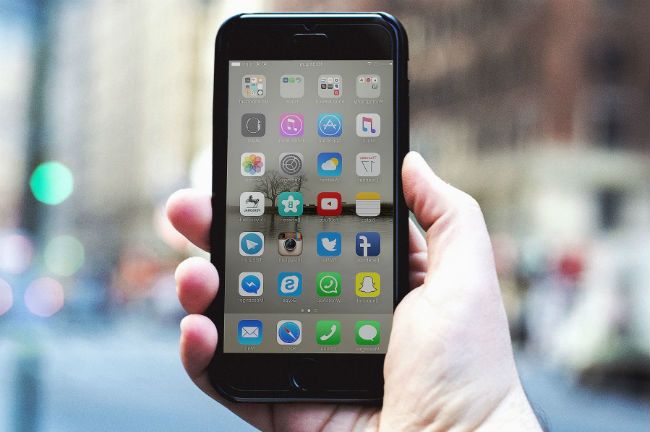
Admittedly, there are some conflicting reports about the effect of cell phone use on our bodies, and some organizations say the jury is still out.
But the National Cancer Institute says there is no proof that cell phone use causes cancer.
In general, our fears about the cancer risk from cell phones are misguided. These devices emit energy at such a low frequency they can't physically affect our bodies.
For the same reasons, power lines and microwave ovens are also not considered a cancer risk.
You're more likely to get a condition like "text neck" from using your cell phone.
You can learn more about studies on the cancer risk of cell phones and make your own decisions here.
Myth #3: Certain Foods Prevent Cancer
From vegetarian to Keto diets and everything in between, many people claim that certain healthy foods or diets can prevent cancer.
But expert researchers insist there is no "silver bullet" for cancer. Although, there's good reason to watch what you eat.
Certain foods have been linked to an increase in your cancer risk. For example, eating more processed meat makes you more likely to develop colorectal cancer.
Obesity, which may be caused in part by an unhealthy diet, is also associated with a higher cancer risk.
So you have every reason to stick to a healthy diet, which includes daily servings of fruit and vegetables.
Myth #4: Bras Cause Breast Cancer
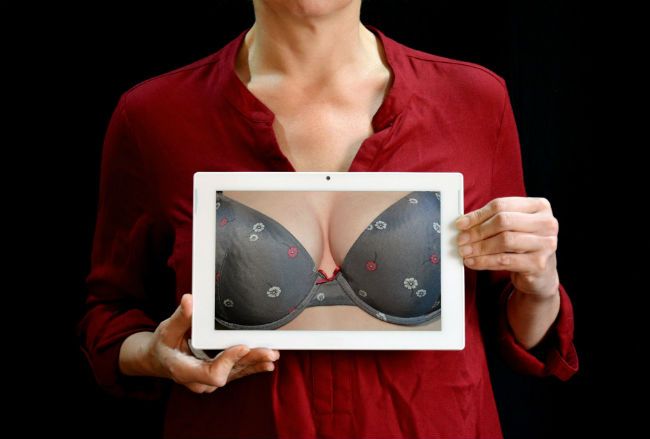
Even before cell phones were public enemy number one, viral chain emails spread fears about an increase in breast cancer linked to bras.
There's even a hokey explanation included: that a bra "obstructs lymph flow," which supposedly promotes the growth of cancer cells.
But a 2014 study of 1,500 women found no connection between wearing a bra (or not) and breast cancer risk.
One study from 1994 did suggest women who didn't wear bras had a lower cancer risk, but doctors concluded it was because those women tended to be more thin than the bra-wearing group.
Myth #5: Cancer Feeds On Sugar
Do cancer cells consume sugar (glucose)? Yes. Do they tend to consume more glucose than other cells? Yes.
But every cell in your body consumes, and in fact relies on, sugar. So this doesn't mean much.
Still, many people insist that cutting sugar out of your diet can prevent or even cure cancer. Studies say this is just not true.
On the other hand, a high-sugar diet could lead to weight gain, and obesity is connected to a higher cancer risk.
So enjoy cookies and sugary drinks, but in moderation - whether or not you have cancer.
Myth #6: Tanning Without Sunscreen Is Safe
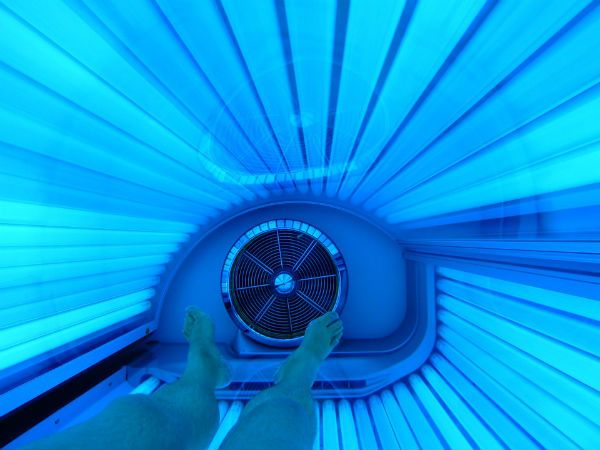
You could argue when we were children that people just didn't know any better.
But now, there are so many viral stories of women who suffered through awful cancer treatments because of their risky tanning habits.
Dermatologists report that patients are often mislead about "base tans," made by a short time in the sun or tanning bed without sunscreen.
For the record, doctors recommend sunscreen for any exposure in the sun, especially activities like tanning.
There are also worries that common sunscreen ingredients like oxybenzone and retinyl cause cancer, but researchers say this is not true.
In fact, studies prove that daily sunscreen use lowers your skin cancer risk, and no scientific bodies have issued warnings about sunscreen ingredients.
Myth #7: There's Nothing You Can Do To Prevent Cancer
On the flip side of panicking about sugar or cell phones, patients also worry that there's no way to prevent cancer.
Doctors say there's no reason to be gloomy, and in fact there's quite a lot you can do to lower your overall cancer risk.
Obviously, quitting smoking and avoiding the use of tobacco products is good for your health.
Eating a balanced diet rich in fruit and vegetables but light in processed meat will also lower your risk of cancer.
Other common sense habits to adopt include drinking in moderation, protecting your skin, and getting immunized against viral infections like hepatitis and HPV.
Finally, be sure visit your doctor regularly. Not only can they run helpful tests, but they can also answer any questions you have about your health.
Have you fallen for any of these cancer myths in the past?
[Sources: Global News, NHI, Mayo Clinic, Reader's Digest]

